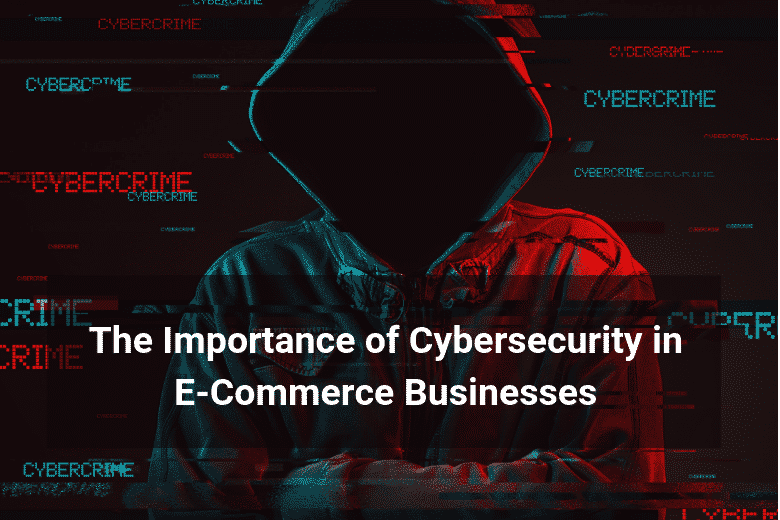Introduction
It takes a lot of work to get an e-commerce business off the ground. It takes countless research, product development, product quality research, SEO, marketing, and hard work. However, most of that hard work and time can be undone by legal problems and liabilities that may present themselves if you don’t have a strategy for cybersecurity. If you want to protect your business that you’ve worked so hard to build up, then keeping cybersecurity in mind is essential.
Common Threats
Part of being able to combat cybersecurity threats is gaining an understanding of exactly what you’re up against. Here are some of the most common cybersecurity threats and how they exploit your customers and your business.
Phishing
This practice has become more and more popular, but probably because it has been proven to work. Phishing is the practice of sending customer the fraudulent emails that appear to be from your business. They recognize your business name, so they often don’t think twice. The links in these emails often lead them to malicious pages that gather their payment information, usernames, and passwords.
DDoS Attack
While many hackers focus on the customer and gathering information from them, others will set their sights on your website or platform itself. One of the ways that they can do this is with a DDoS attack. This type of attack stands for distributed denial of service, and it can lead to your website being inaccessible. There are ways that you can fight this, but it does take some significant training. The good thing about this attack is that it doesn’t usually endanger your customers’ personal information.
Man-in-the-Middle Attack
It is perhaps one of the most dangerous types of attacks that predators can inflict on your customers. This type of attack consists of an attacker taking advantage of those who are accessing your website through an unsecured network. There’s not much that you can do to combat this actively and these types of attacks aren’t always your fault, but you can try to educate your users and let them know that they should still practice basic internet-browsing safety when they access your website because predators love to target the customers of e-commerce.
One way that consumers can practice safety when using websites on their phone is to use an antivirus for Android and other devices. This will help keep them safe from viruses that may originate on one of your pages that has been compromised.
Malware
Malware is probably one of the most important types of attacks that you should be on the lookout for as a webmaster. Attackers, if they gain access to your website and code, can insert malware into your website that latches onto visitors and takes advantage of their personal information and the security on their own devices.
Make sure that you secure access to your website and that there are no loopholes that hackers can use to gain access to your website and insert malicious code.
Ransomware
Ransomware is one of the most popular methods for hackers lately. This type of software downloads itself onto the victim’s computer and prevents them from accessing valuable information until a bounty is paid. It is one of the most feared attacks and should be avoided at all costs.
Again, you should make sure that strong passwords and secondary security measures protect access to editing your e-commerce website.
Risks of Breaches
If you run an e-commerce business, you probably already know some of the primary risks of having a breach. The most obvious is that of bad press. You don’t want your brand and your business to be associated with data breaches. Though brands have survived events like this, typically they are huge companies and even then, they do take a hit financially. Sustaining business and trust following a breach is very difficult for a business.
Breaches also have legal implications. If you don’t do your part to protect the consumer, you could very well be legally liable for some types of attacks that harm your customers’ financial well-being. You don’t want to be on the hook for something like that, as it can be even more financially damaging than the bad press that you get.
Finally, there is a considerable risk for the individual. You have worked hard to gain the trust of your customers, and you want to do right by them. One way to do that is to make sure that they can feel safe when accessing and purchasing from your website. Every e-commerce operator should think of their customer base as their extended family, and they should take care of them as such.
Conclusion
Hackers become more and more creative each day, and while you are resting, they are coming up with new ways to exploit your e-commerce business and its customers for their financial gains. To stay on top of these constant threats, you need to know what you are up against, and how you can prevent your business from becoming a victim of one of these attacks.

Ready To Upgrade Your Logistic Solution?
Speak to Floship ecommerce logistic consultant about improving your global support chain today





